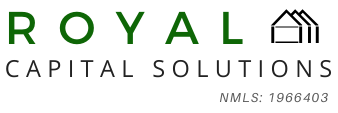This type of government-backed mortgage allows you to buy a home with looser financial requirements and is called a FHA loan. You may qualify for an FHA loan if you have debt or a lower credit score. You might still be able to get an FHA loan with a bankruptcy or other financial issue on your record.
FHA stands for the Federal Housing Administration. An FHA loan is what allows buyers who can’t come up with a hefty down payment and/or have “lower” credit scores to qualify for a mortgage loan. The basic criteria for an FHA loan is 3.5% minimum down payment and a credit score of 580 points or higher.
Only certain lenders are able to give FHA-insured loans! Having a loan backed by the government is popular for first time buyers as they are easier to get than a conventional loan. The criteria opens the home-buying pool to a lot more people than only those who can put down 10 or 20 percent for a down payment.
There are specific types of FHA loans that your lender can go over with you if you decide an FHA loan is right for you. While deciding what type of FHA loan works for you, it’s also important to note certain limits on FHA loan, namely how high of price they are willing to cover. If you have good or excellent credit, a conventional loan is often better because your mortgage rate and PMI costs will go down. An FHA loan can be the best option if your credit score is in the high-500s or low-600s. FHA is often the cheaper option for lower-credit borrowers.
The option of a low down payment and more lenient credit requirements can make FHA loans particularly attractive for first-time home buyers, although you don’t have to be a first-time home buyer in order to qualify.












